CLTS Foundation Chairman and Advisor visited Chhattisgarh from 24 to 26 February to see first hand the strides being made in rural sanitation in the state and to explore a partnership to further scale up efforts.
Two senior representatives of CLTS Foundation – Dr. Kamal Kar and Deepak Sanan went on a three-day visit to the state. On 24 February, they visited Rajnandgaon district to see first hand the experience with CLTS in the field. The two senior representatives met local people from three ODF communities in two Blocks, namely Churya and Ambagarh Chauki and had extensive interactions and discussions with them, especially the women members from the Self Help Groups, members of PRIs and others. They also met the concerned district and block officials, elected representatives and members from the civil society. The state of Chhattisgarh has been lately in news for its remarkable decision to underplay subsidy for creation of open defecation free communities. The state now has seen the declaration of 5% ODF Gram Panchayats in the past one year and there is considerable excitement about building on this effort.
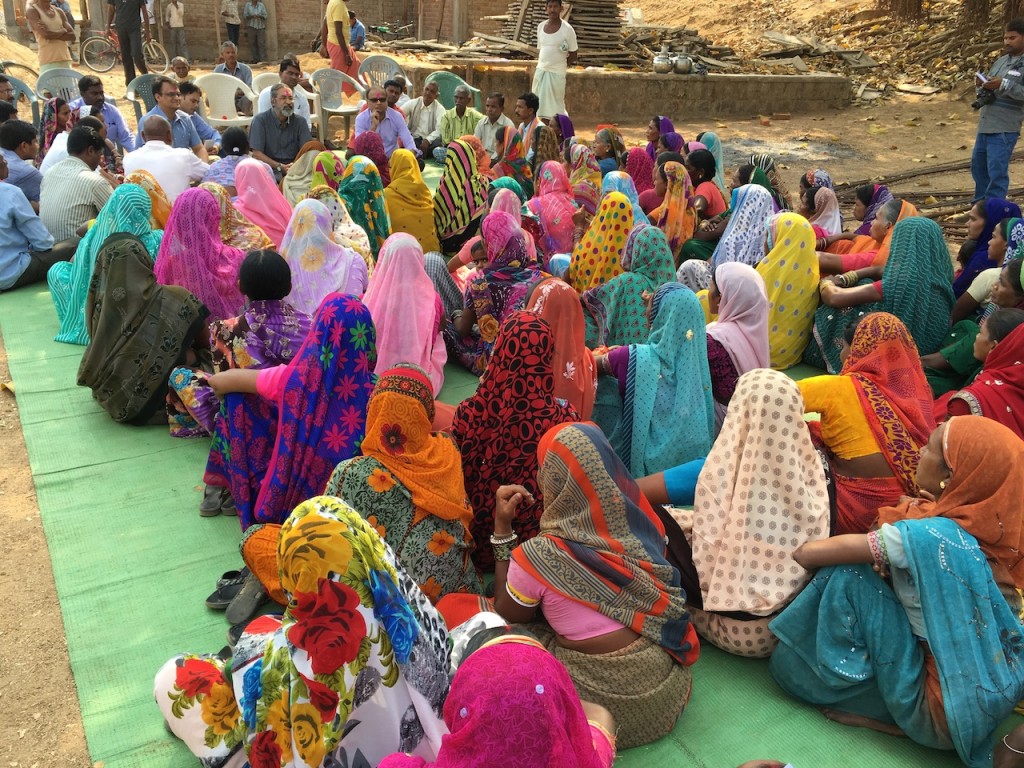
Dr. Kamal Kar and Deepak Sanan interacting with the communities during their visit to Chhattisgarh.
On 25th and 26th February, Dr. Kar and Mr. Sanan met the Chhattisgarh’s Mission Director for Swachh Bharat Mission, Dr. M. Geetha. They called on the Additional Chief Secretary (Rural Development) Mr. Raut and commended him on the achievements in the state and offered support from the Foundation to scale up the efforts being made. Other meetings included those with the DG of the Administrative Training Institute, UNICEF Head of Office, Chhattisgarh, UNICEF WASH Officer, National Padmasree Award recipient Ms. Phulbasan Yadav and Nitish Kshirsagar, CLTS champion.
Dr. Kar noted that the state leadership of Chhattisgarh has understood the need for ensuring the enabling environment for scaling up of CLTS to fast track the achievement of ODF. Such enabling environment of stopping upfront hardware sanitation subsidy at the household level is very conducive for enhancing state wide access to sanitation rapidly.
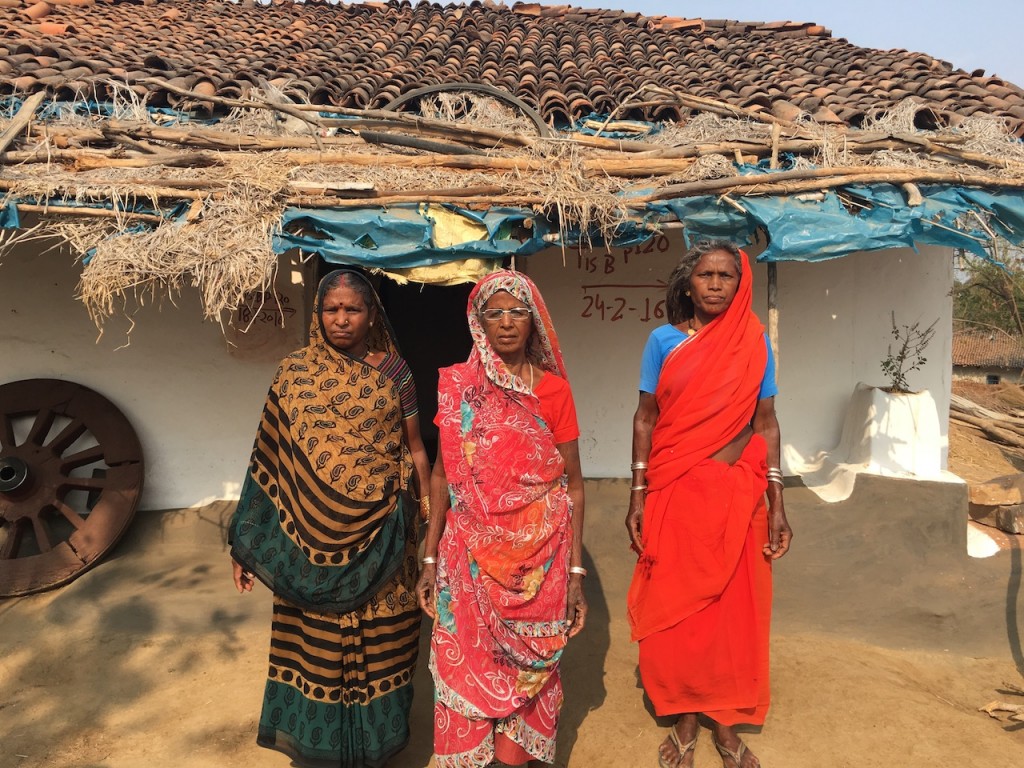
Beaming and confident faces of women.
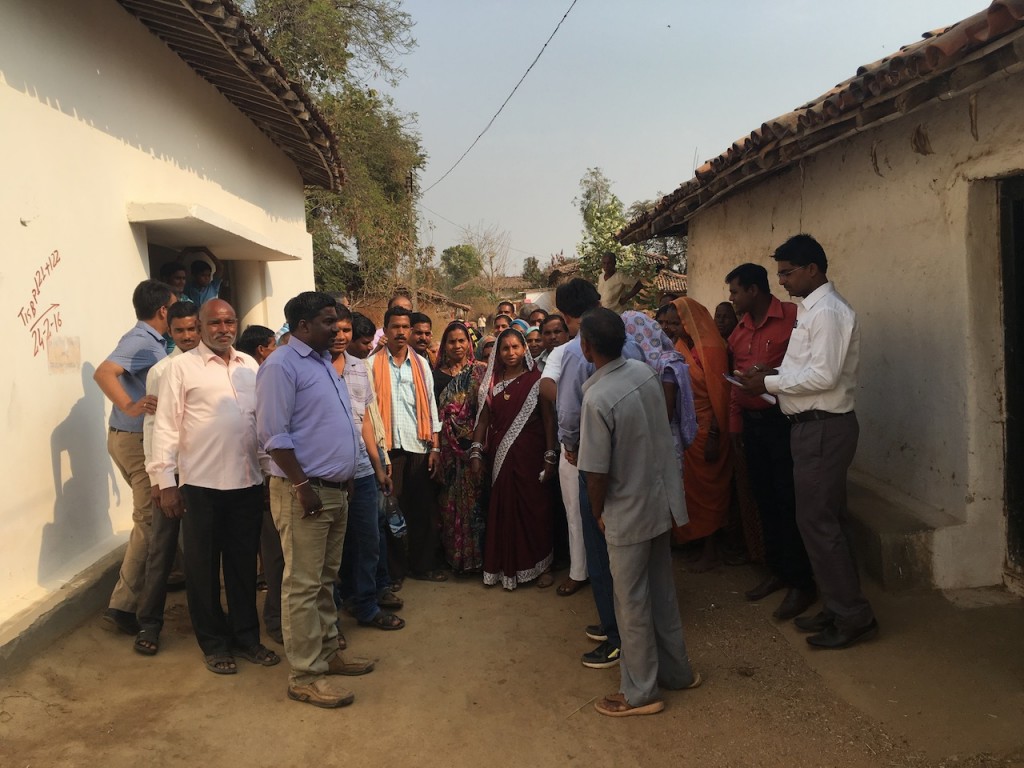
Local community members came out in large numbers during the visit.
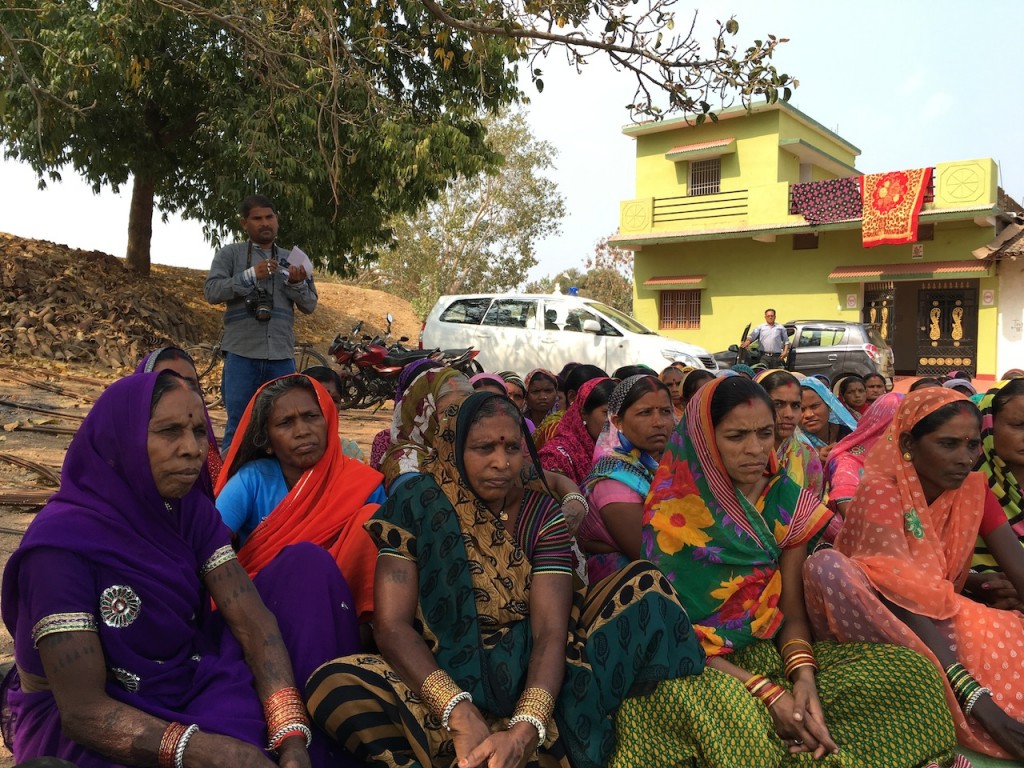
Interaction with the community members.
The visiting team noted the following action plans to set Chhattisgarh as an emerging success in scaling up community-led total sanitation backed by the right enabling environment. These points were discussed with the Chhattisgarh state administration and SBM officials. The visiting team noted that the state is practicing a no subsidy for individual household level policy environment. The SBM team in the state has also been doing numerous rounds of training on CLTS triggering. The results are showing from the experiments already conducted in various districts including Rajnandgaon, Raigad, Dhamtari, Bilaspur, Surguja and even Dantewada.
The state administration is following an institutional structure till the block level to support the capacity building, coordination and monitoring activities of the programme. There is also the presence of a number of trained personnel from amongst both programme officials and natural leaders who can form teams to carry out triggering activities in various districts.
The senior team from CLTS Foundation recommended an initial set of actions that can take forward the momentum generated in Chhattisgarh. This would include creation of an institutional structure that needs to reach down to the Gram Panchayat level so that there is an army of committed swachhta senanis (sanitation workers) to really scale up in a short period of time. For this a guidance circular would be useful that discusses how this can be done. The first step is to hold orientation meetings at a cluster level in every block (say for about 20 to 30 GPs) and call all possible functionaries like Anganwadi workers, ASHA workers or primary school teachers or health workres, etc, elected representatives and anyone else who can be involved in sanitation at the ground level. Have a suitable person conduct this meeting and bring about a self selection of people ready to act as GP level coordinators. At a second stage, can consider hiring an NGO for making available such coordinators for every left out GP. For this appropriate guidance on engaging an NGO and payments to be made needs to be issued.
The team observed that there is a vital need of proper training and messages that has to reach the entire institutional structure at regular intervals that emphasize that the focus is not toilets but collective behaviour change and how this can be brought about. A guidance note on this would also be useful. They said: “A guidance note is required to enable districts and blocks to engage triggering teams from other places and pay them a suitable amount for expenses and as honorarium. A proper monitoring system needs to be put in place outlining the steps to reach a verified ODF village / GP and rigorously reviewed and monitored so that timely remedial action is initiated at appropriate levels and performance is suitably recognized. A guidance note is required on this in addition to a state level web based system.”
The team felt that the state needs to send a Letter to the Ministry of Drinking Water and Sanitation (MDWS), Government of India (the nodal ministry managing the flagship Swachh Bharat Mission scheme) on improving the ability to use funds allocated for Individual Household Level Latrine for other purposes including both community reward and soft activities in districts including engaging NGOs, triggering teams, etc.
The CLTS Foundation has offered to partner and associate with Government of Chhattisgarh to really scale up efforts in the coming months and are looking forward to great success from this relationship.
This news has been written with inputs from Deepak Sanan and Dr. Kamal Kar.

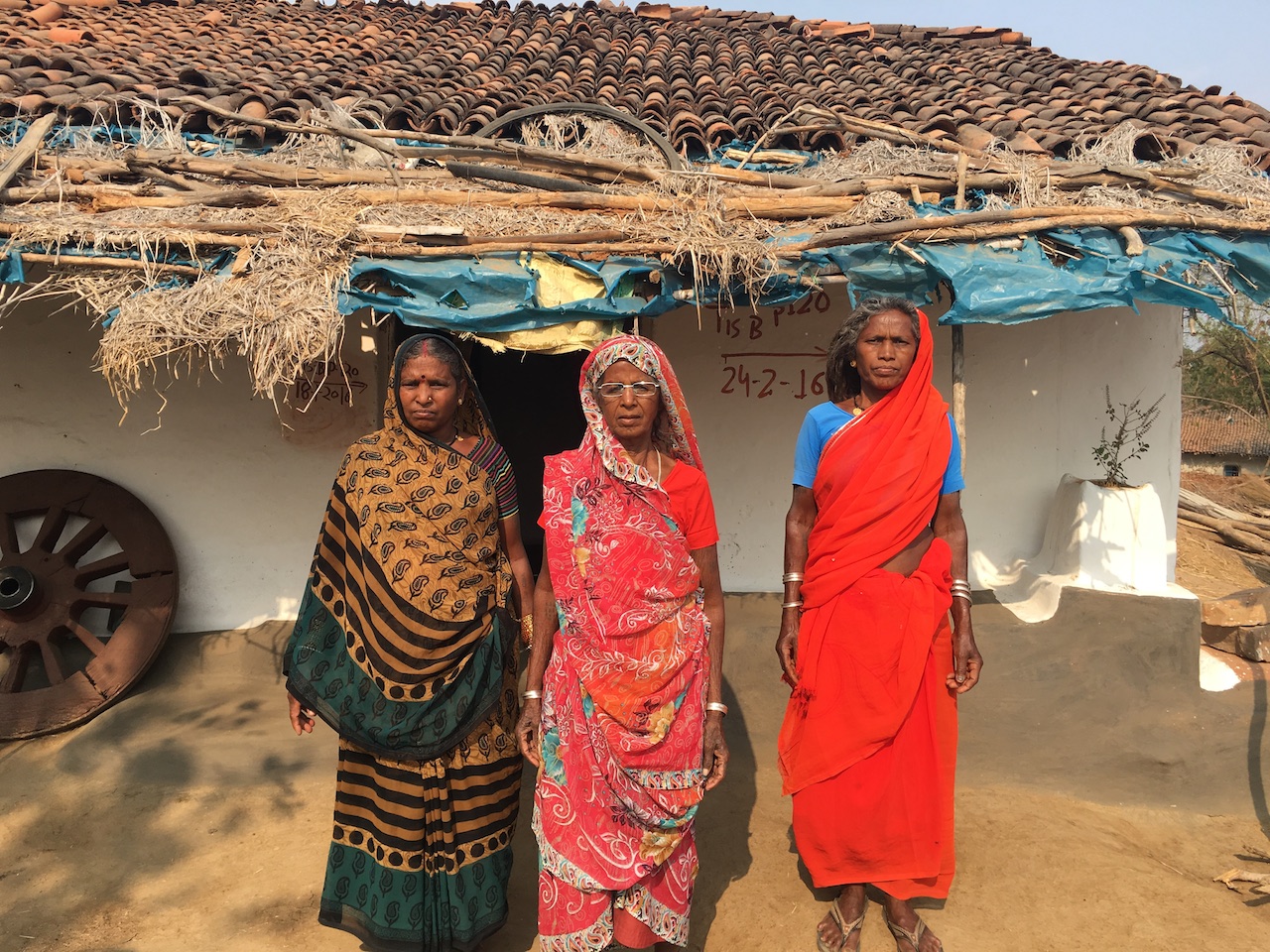
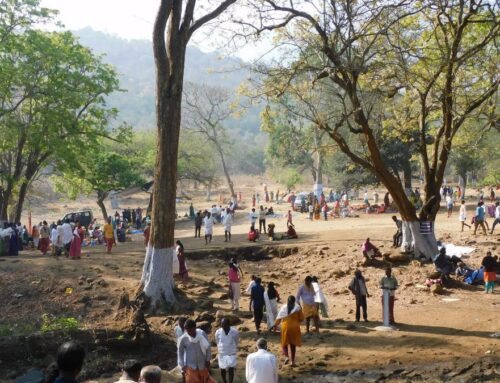
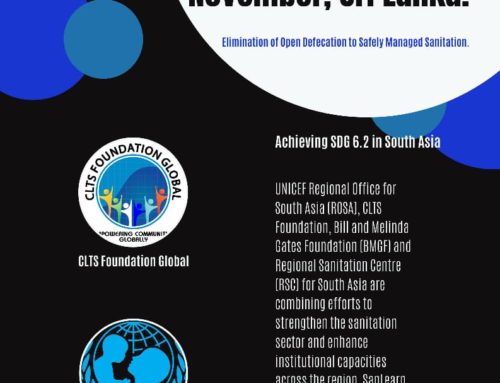
Leave A Comment